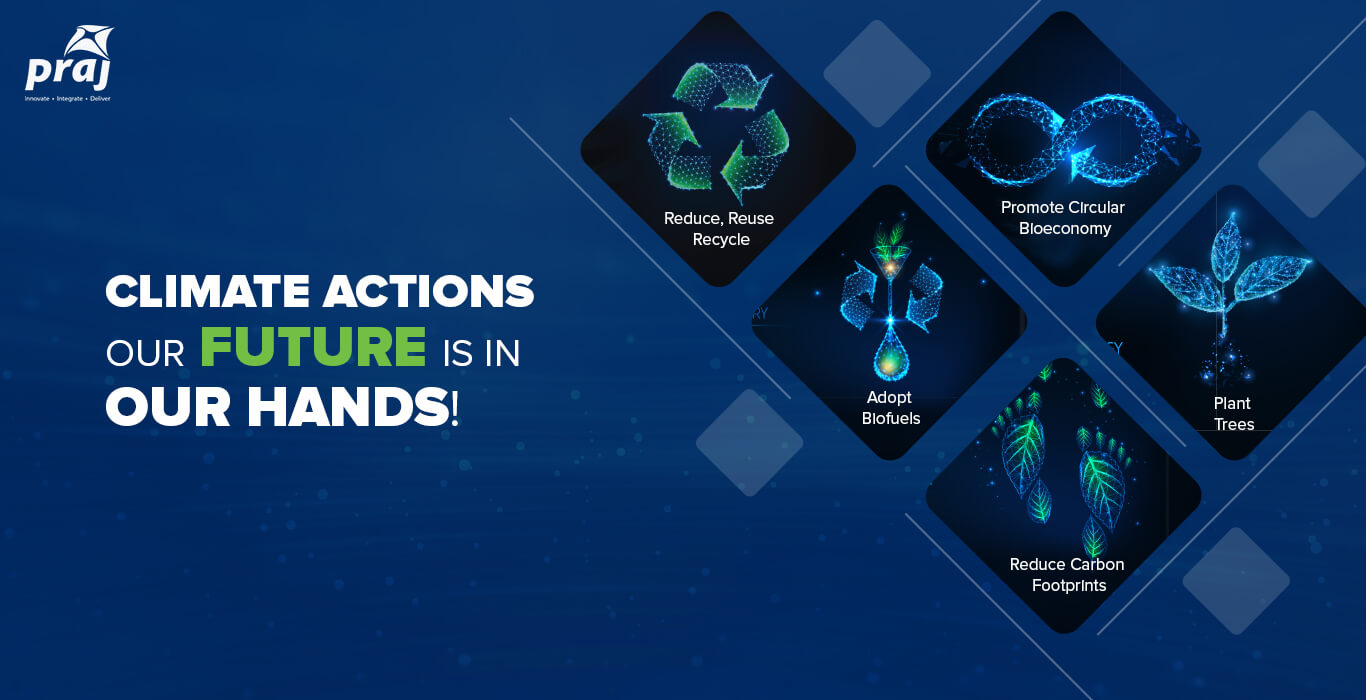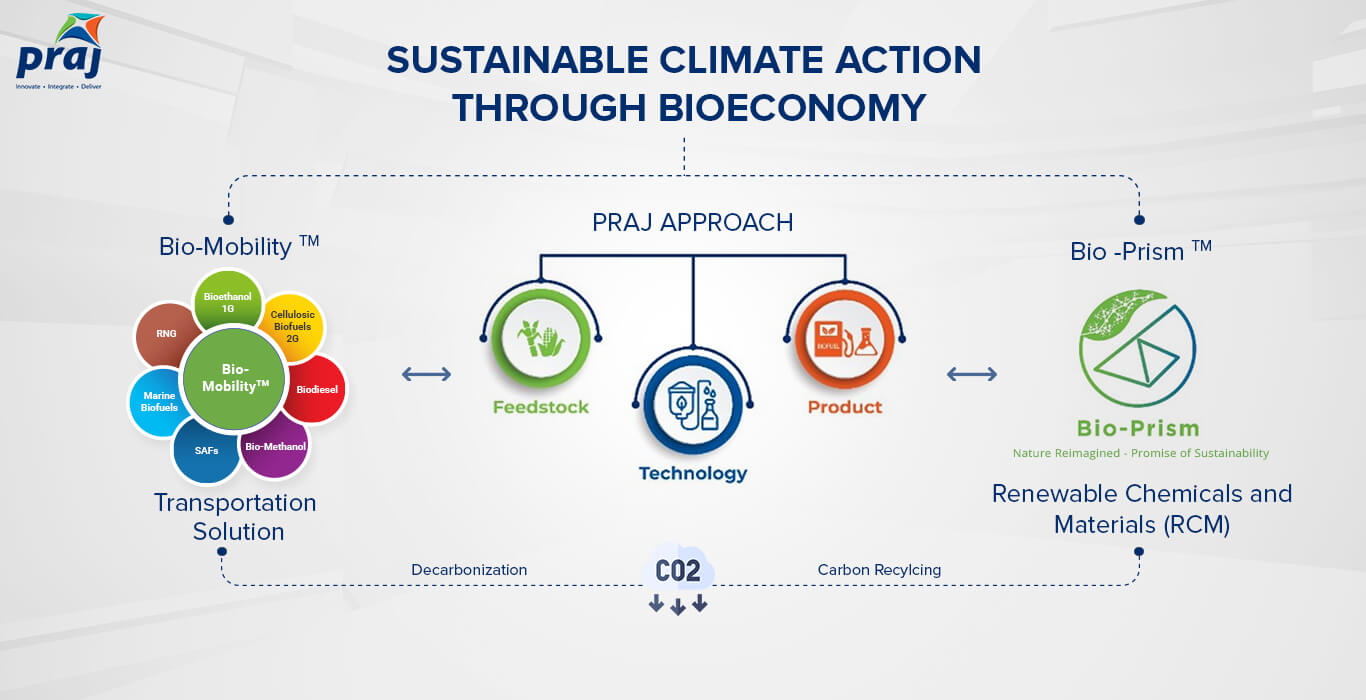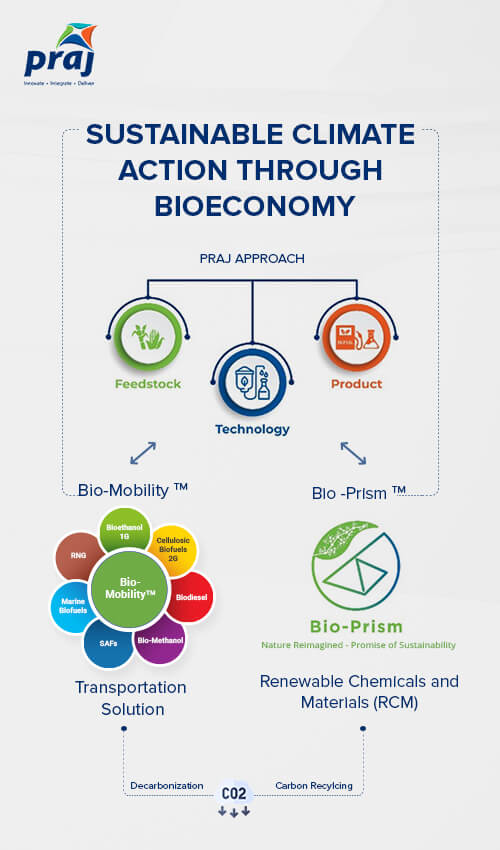World Bioproduct Day: Celebrating Sustainable Innovations
Introduction
World Bioproduct Day, launched in 2021, aims to raise awareness about the significance of bioproducts in our daily lives. Held annually on July 7th, this day celebrates sustainable innovations that contribute to environmental well-being and climate action.
What Are Bioproducts?
Bioproducts are derived from renewable resources such as plants, algae, and waste materials. Unlike traditional fossil-based products, bioproducts have a lower environmental impact and promote circular economy principles.
Types of Bioproducts
Bioproducts can be broadly categorized into two groups:
Conventional Bioproducts:
- These include familiar bio-based products such as building materials, pulp and paper, and forest products.
- Conventional bioproducts have been in use for years and form the backbone of sustainable industries.
Emerging Bioproducts:
- These are actively researched and developed, driven by factors like petroleum price fluctuations and environmental concerns.
- Examples of emerging bioproducts include:
- Biofuels: Renewable alternatives to fossil fuels.
- Bioenergy: Harnessing energy from biological sources.
- Starch-based and Cellulose-based Ethanol: Sustainable alternatives to traditional ethanol.
- Bio-based Adhesives: Environmentally friendly bonding solutions.
- Biochemicals: Biologically derived chemicals.
- Bioplastics: Eco-friendly plastic alternatives.
Why Celebrate World Bioproduct Day?
- Environmental Impact: Bioproducts reduce greenhouse gas emissions and minimize resource depletion.
- Circular Economy: They exemplify the circular economy model by reusing and recycling materials.
- Innovation: Bioproducts drive innovation across various sectors, from textiles to packaging.
India’s Bioproducts Landscape
India is emerging as a major player in the global bioeconomy. By 2024, India’s biotechnology sector is estimated to cross $130 billion. Here are some key aspects of India’s bioproducts landscape:
Biopharmaceuticals:
- India is a significant supplier of low-cost drugs and vaccines worldwide.
- The country leads in biosimilars, with numerous approvals in the domestic market.
Bio Agriculture:
- India boasts nearly 55% of its terrain under agriculture and allied activities.
- It is a major producer of Bt-Cotton and has the 5th largest area of organic agriculture land globally.
- Bio Agri, including Bt Cotton, pesticides, marine biotech, and animal biotech, has the potential to double its contribution to the bioeconomy by reaching $20 billion by 2025.
Bio Industrial:
- Biotechnology applied to industrial processes is transforming manufacturing and waste disposal across India.
Bio IT & Services:
- India excels in contract manufacturing, research, and clinical trials.
- It includes bioinformatics, computational biology solutions such as biological and chemical databases.
Emerging Bioproducts in Europe
The World Bioeconomy Forum has launched worldbiorefineries.com, a platform highlighting forest-based biorefineries and emerging bioproducts in Europe. The platform’s first product, the Biorefinery Map™, showcases these innovations.
Conclusion
On World Bioproduct Day, let’s celebrate the power of sustainable solutions. India’s contributions to the bioeconomy are vital, and as we embrace bioproducts, we pave the way for a greener, more resilient future.










